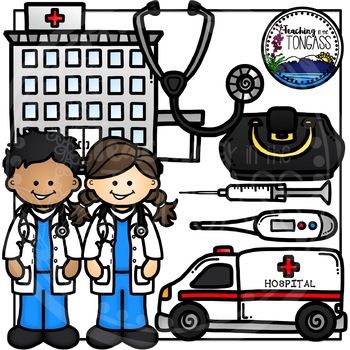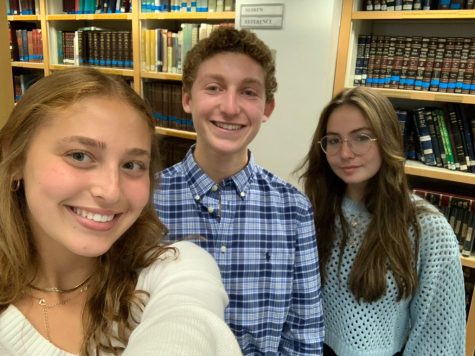A Week in Medicine

This past summer, I attended Medical Projects UK, a program that offers prospective pre-med students hospital-based work experience. The course was based at London’s Kings College Hospital, but participants came from places all over the world, such as Singapore, Dubai, Hong Kong, Beyrut, Qatar, and Bali.
I had absolutely no idea what to expect. In my head, I just imagined a group of teenagers dressed in the required blue scrubs. However, in the end, I really got a taste of what medicine is by studying with both attending and resident doctors. Over the course of the program, we were taught all the basics of practical medical. We learned how to record a patient’s medical history and diagnose basic patient complaints. We were taught how to treat the “A,B,C,D,E’s of how a patient dies” – airway, breathing, circulation, disability, and exposure treatments – and how to diagnose and treat dozens of infections and diseases (both mental and physical). We also gained certification in CPR. We practiced detecting abnormalities in X-rays, such as clots, infections, pneumothorax, fluids, hernias, trauma, heart failure, tumors, and fractures.
The doctors didn’t just share their scientific knowledge with us, however. They also taught us the different qualities that make a doctor “good” or “bad.” They stressed that doctors must always make sure that their patients trust them enough to open up about all their personal health issues. They also discussed the vitality of all the different positions in the hospital, explaining that teamwork is essential for a hospital to function successfully. There is no role more important than another: a doctor or nurse is just as essential to the team as a porter, cleaner, or occupational therapist.
The most interesting part of the program was spending time in the hospital’s simulation suites. Simulation suites, or mock emergency rooms with an electronically-controlled plastic “patient” and equipment identical to the equipment in a real emergency room, offer an amazing opportunity to perform actual doctoral work without any of the potentially fatal consequences. During my time in the simulation suites, I had the chance to put the skills I had learned throughout the week to use. The dummies I used were surprisingly advanced: they could breathe, bleed, blink, react to medicine, and even speak. During each session in the simulation suite, groups of five were given a new “patient” to diagnose and treat with various procedures and medications. I got to practice extracting blood, measuring blood pressure, inserting cannulation tubes, performing CPR, and giving sutures or stitches on these life-like dummies. The illnesses of “patients” varied from common issues (such as allergic reactions and bronchitis) to more dramatic problems (such as strokes, gunshot wounds, and heroin addiction). Each session in the simulation suites was videotaped for the groups to later watch and reflect on.
Spending the week at Medical Projects in Kings College Hospital was a life changing experience: it gave me the opportunity to experience life as a doctor in a controlled but realistic environment.



